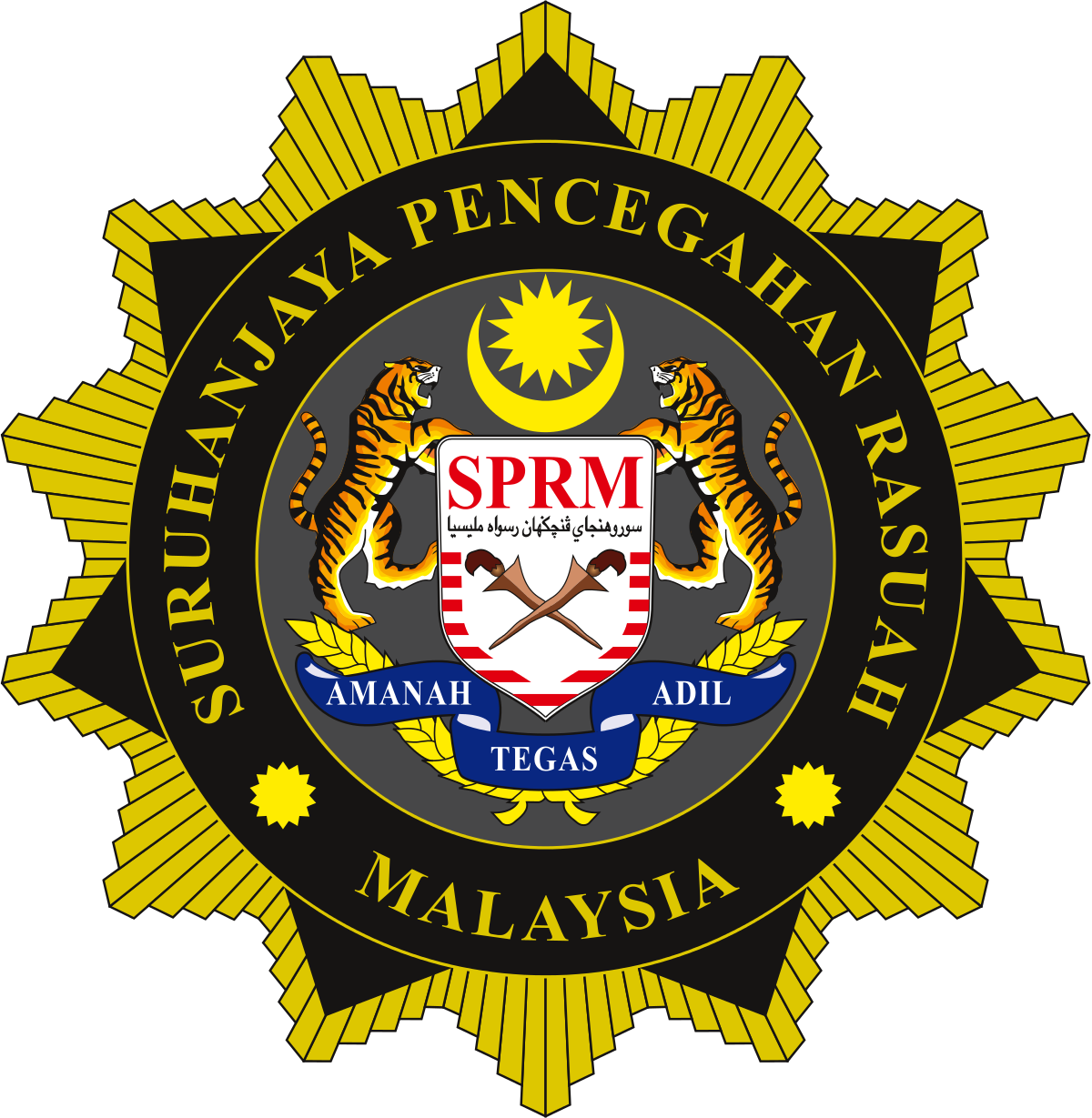The news of Tun Dr Mahathir Mohamad’s endorsement of the proposal that all ministers and their families declare their assets to the Malaysian Anti-Corruption Commission (MACC) has produced a bit of a row in Government and Opposition blogs, and among the various parties’ leadership. Lim Guan Eng recently upped the ante by announcing that he does not trust MACC, and so believes that disclosures should be made to the Rakyat.
Requiring that government officials — at the state and national levels — declare their assets is a salutary step on the path to fully-developed nation status. Not only does this encourage transparency and a faith in the independence of elected officials, it also encourages foreign and domestic investment in industry by matching — and exceeding — the standards of governance in the rest of the developed world.
But the laudable goal of transparency by our elected leaders is in danger of degenerating into yet another round of mere partisan politics.
Pakatan Rakyat’s failure to create a shadow cabinet and have its members declare their assets is merely par for the course: Whatever Barisan Nasional does, Pakatan opposes, a stance made even easier when Pakatan cannot be bothered to form a shadow cabinet.
The pushback from some in Barisan Nasional is less explicable, and undoubtedly forms part of the basis for the rumours of a Cabinet shakeup that have been circulating since the beginning of the New Year.
This should not be. The asset declaration proposal is merely another part of the Prime Minister’s push for expanded transparency and accountability in Government, in turn a logical outgrowth of Najib Razak’s Government Transformation Programme.
The Government Transformation Programme has at its heart the twin and logically-connected ideas of accountability and transparency. The decision to introduce Key Performance Indicators — a business metric adopted by numerous global businesses, but only a handful of governments across the world — was designed as a way to obviously and clearly demonstrate to the Rakyat the relative strengths and weaknesses, success and failure, of each Government programme.
The decision to put ministers’ assets to MACC, and to expand MACC’s powers, shows a canny insight: An independent government agency can hold the government of which it is a part accountable. It is a counterintuitive but clever understanding of the nature of government agencies and their activities when they become accountable.
All of these are vital parts of convincing the people that their leaders are bound by the same rule of law as are the voters themselves. This is, due to Najib’s determined effort since taking office, at the core of the Government’s governing philosophy.
It is therefore unconscionable for a Government minister or Barisan Nasional figure to oppose this; to do so is to explicitly break with Najib on a core issue on which he will campaign in GE13. Stated explanations such as privacy and concern for safety are at best unconvincing.
Pakatan’s performance, however, is in line with historic trends. While touting the Penang state government’s laudable decision to disclose its assets to the public (four years after promising to do so), there is as yet no indication that other state governments — such as Kelantan’s or Selangor’s, for example, where PAS and PKR govern, respectively — are in any danger of disclosing their assets any time soon.
GE13, then, may turn on two, critical questions: Is Najib’s coalition completely on-board with the very issues on which he has staked his majority; and will the Rakyat favour those who boast of transparency, or those who display it?

